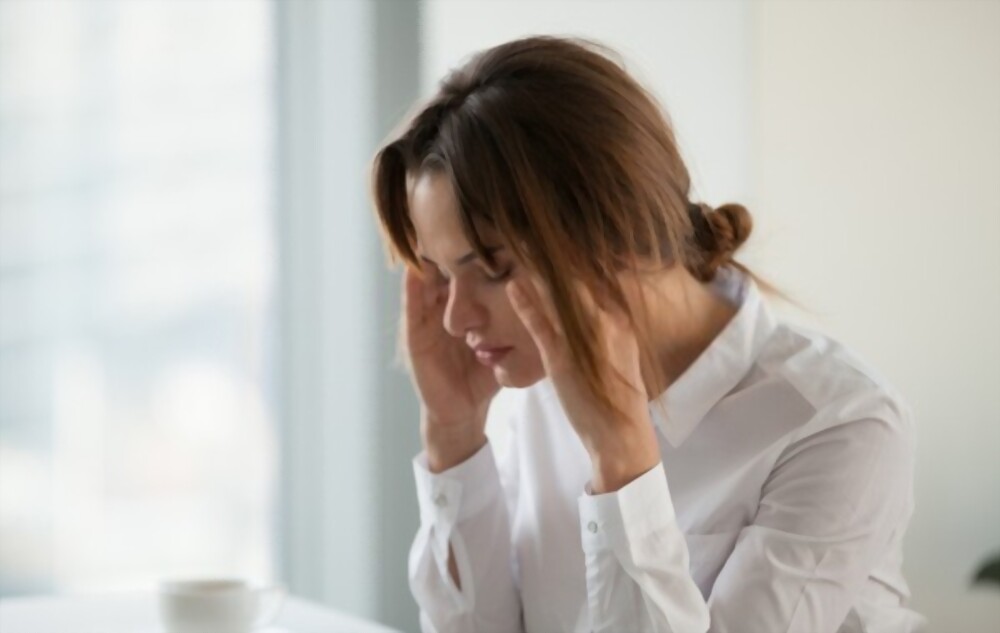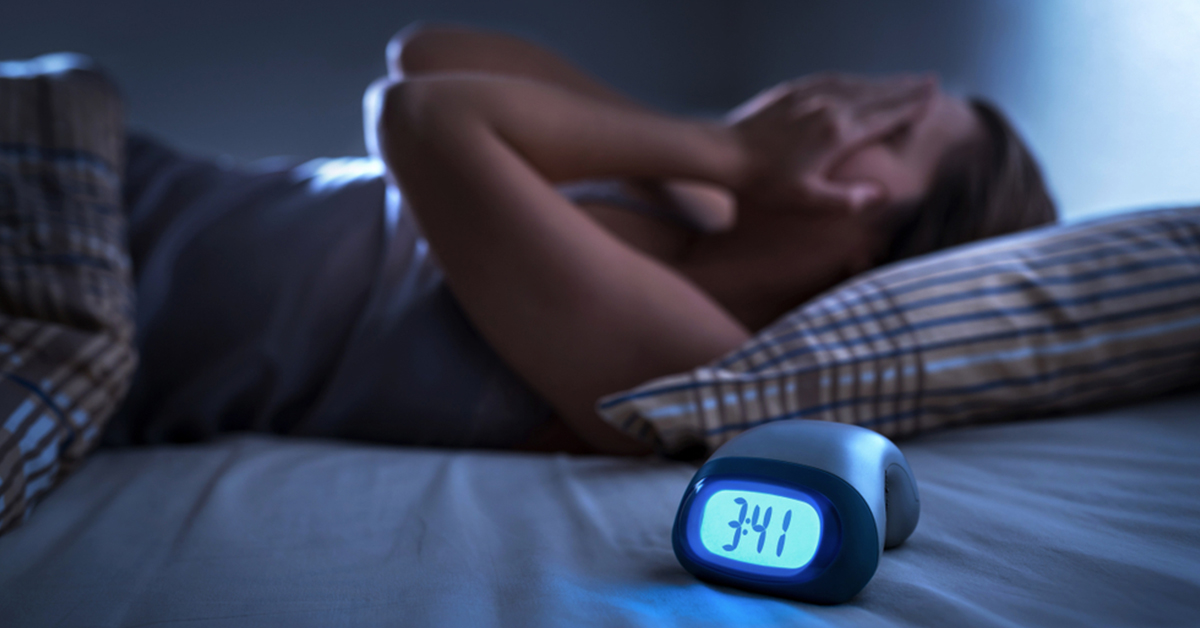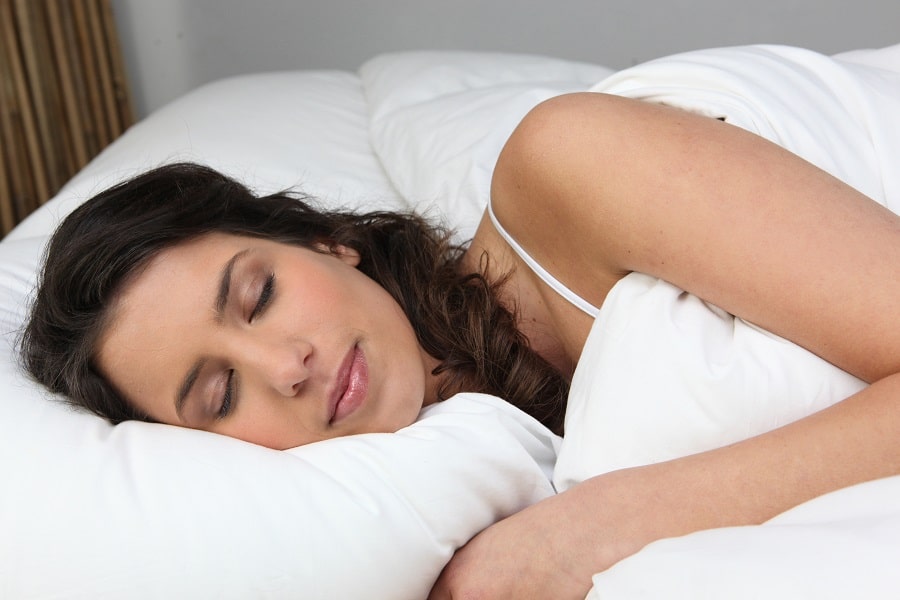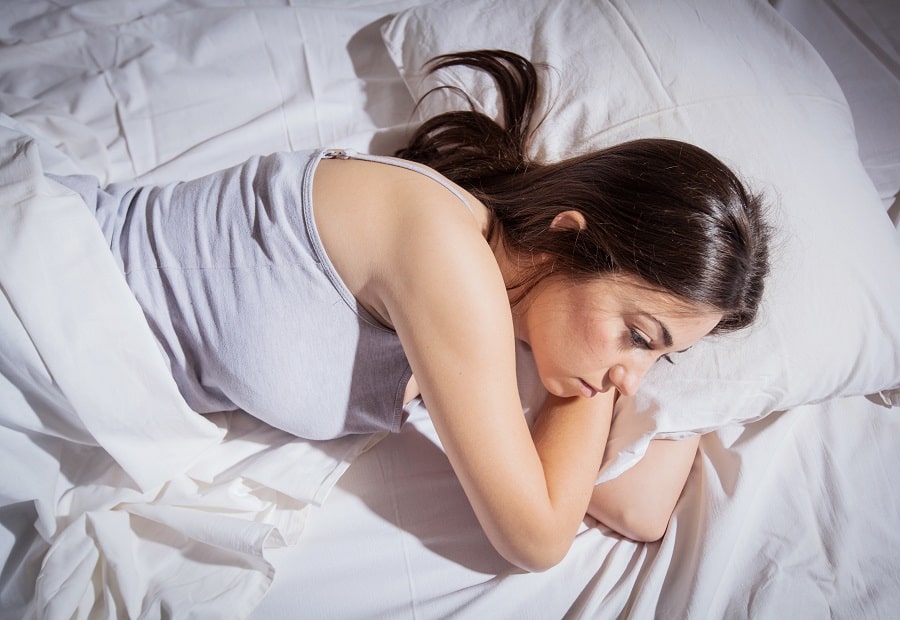Looking for something you can do to help yourself fall asleep at night? Research has shown that fitting in approximately 20 minutes of aerobic activity a day can greatly improve your quality of sleep.
Regular exercise can improve your quality of sleep.
One study found that individuals who got 150 minutes of moderate to vigorous activity per week—the amount national guidelines suggest—found a 65% improvement in the quality of their sleep. They also reported suffering from less daytime sleepiness than those who did not get the same amount of activity. Another study found that moderate to intense daytime activity for children contributed to longer periods of slow-wave sleep. Slow-wave are the deepest and most restorative stages of sleep.
Exercise can help with insomnia.
While there has not been an abundance of research done on chronic insomnia and exercise, there have been several studies that have looked at the relationship between the two. They suggest that regular exercise can significantly improve the quality of sleep for people who suffer from chronic insomnia. Even doing a single session of moderate-level aerobic activity may cut down the amount of time it takes to fall asleep and increase the duration of sleep for people who struggle with insomnia.
Could regular exercise be the insomnia cure you’ve been looking for?
It would be too sweeping of a statement to say that exercise can cure insomnia. However, it can’t be overlooked that getting the suggested amount of regular physical activity might cut down on your sleepless nights. People who exercise may even be reducing their risk of developing other serious sleep disorders such as sleep apnea and restless leg syndrome.
How exactly does exercise improve your sleep?
There’s no definitive answer on how or why exercise helps you get better sleep, but there are several possibilities. Exercise may help reset the sleep cycle by increasing your body temperature, then dropping post-workout to make it easier to fall asleep. It may also be a mind-body connection. Exercise has shown excellent results in lessening symptoms of stress, anxiety and depression. Anxiety and depression are two major factors that are associated with chronic insomnia. Exercise may also help with insomnia by affecting the body’s circadian rhythm.
A non-pharmaceutical option for better sleep.
Exercise can offer a great, non-pharmaceutical way for improving sleep. While the most positive effects of exercise on sleep may take a few weeks to notice, you may begin to see some results a little sooner. Try getting at least 20 minutes a day of moderate aerobic activity such as walking, bicycling or swimming.
For more information on improving sleep disorders such as insomnia, contact Dr. Nassar at Jacksonville Sleep Center. It’s time to find out what’s keeping you from getting a good night’s sleep!
Sources:
http://www.sciencedirect.com/science/article/pii/S1755296611000317
http://www.sleep-journal.com/article/S1389-9457(07)00181-5/abstract






